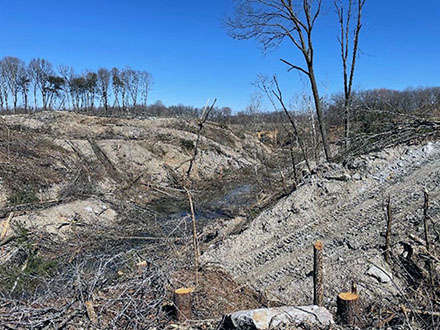
The announcement builds on more than $49.3 million from President Biden’s Investing in America agenda allocated to Indiana for AML reclamation in fiscal years 2022 and 2023
The Office of Surface Mining Reclamation and Enforcement (OSMRE) announced nearly $24.7 million in fiscal year 2024 funding from President Biden’s Investing in America agenda to address dangerous and polluting abandoned mine lands (AML) in coal communities across Indiana.
Indiana also received nearly $300,000 to update its abandoned mine land inventory to support future remediation efforts.
Millions of Americans nationwide live less than a mile from an abandoned coal mine. The Bipartisan Infrastructure Law provided a total of $16 billion to address legacy pollution, including nearly $11.3 billion in AML funding over 15 years that is facilitated by OSMRE. This historic funding is expected to address nearly all of the currently inventoried abandoned coal mine lands in the nation, which will help communities address and eliminate dangerous conditions and pollution caused by historic coal mining.
“The Bipartisan Infrastructure Law infuses coal communities with the funding necessary to turn past pollution into future prosperity,” said Principal Deputy Director Sharon Buccino. “This historic funding is making people safer, cleaning up the environment, and creating jobs. Outcomes that these communities need and deserve.”
The announcement builds on more than $49.3 million from President Biden’s Investing in America agenda allocated to Indiana for AML reclamation in fiscal years 2022 and 2023. Including today’s announcement, over $529 million in awards for fiscal year 2024 have been awarded. Funding will be awarded to additional eligible states on a rolling basis as they apply.
“Over the last fifty plus years, Indiana has worked to address safety and environmental issues left by unregulated, abandoned mines, improving the productivity and recreational value of the land,” said Kit Turpin, director for the DNR Division of Reclamation’s Abandoned Mine Land program. “Earlier this year, the Indiana DNR was honored to receive the Interior States Region Abandoned Mine Land Reclamation Award for its work transforming a dangerous highwall at Lynnville Park into a safe location for outdoor recreation. With this influx of funding, we’re continuing to reclaim more land and more projects across Indiana’s coal country.”
AML reclamation supports jobs in coal communities by investing in projects that close dangerous mine shafts, reclaim unstable slopes, improve water quality by treating acid mine drainage, and restore water supplies damaged by mining. Awards can also enable economic revitalization by reclaiming hazardous land for recreational facilities and other redevelopment, such as advanced manufacturing and renewable energy deployment. As directed by the Bipartisan Infrastructure Law, funding will prioritize projects that employ current and former employees of the coal industry.
This funding is a part of the Biden-Harris administration’s unprecedented investments in communities and workers to support an equitable transition to a sustainable economy and healthier environment after the closure of mines or power plants. This effort also advances the President’s Justice40 Initiative that sets a goal to deliver 40 percent of the overall benefits of certain federal investments to disadvantaged communities that have been marginalized by underinvestment and overburdened by pollution. Additionally, reclaiming abandoned coal mines is a pillar of the Biden-Harris administration’s Methane Action Plan, which includes historic efforts to reduce methane emissions—one of the biggest drivers of climate change—while creating good-paying jobs and promoting American innovation.
Indiana’s AML program is available to public and private landowners experiencing negative impacts on land that was mined and abandoned prior to 1977. Owners of such land in Indiana should email their information directly to the AML program at abandonedminesrestoration@dnr.IN.gov. They can also call 1-800-772-MINE (6463) or the DNR Reclamation office number, 812-665-2207.


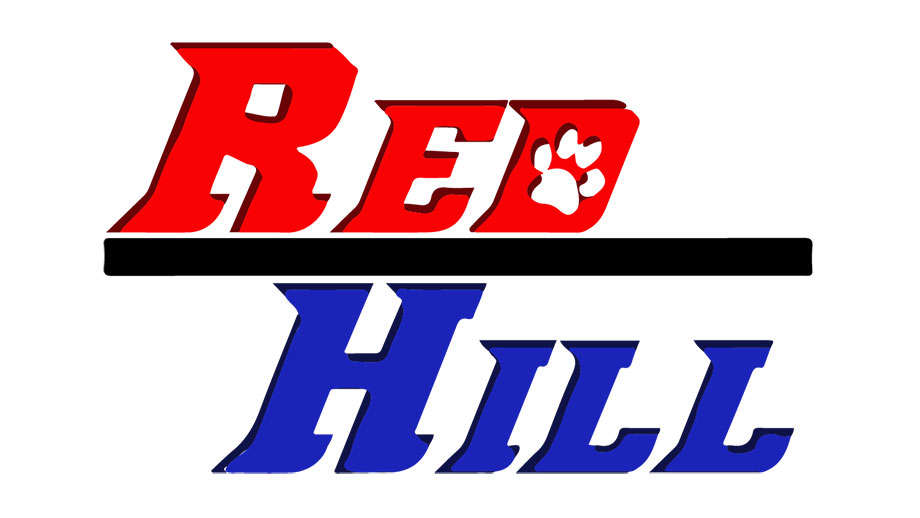 Unit #10 to host project open house
Unit #10 to host project open house
 Lawrence Unit #20 adds personnel in special session
Lawrence Unit #20 adds personnel in special session
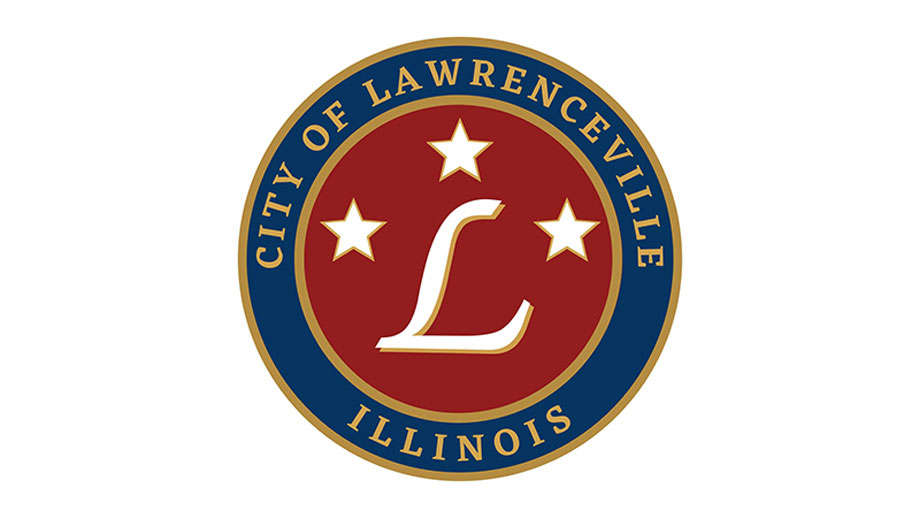 Lawrenceville City Council discuss new IEPA violations
Lawrenceville City Council discuss new IEPA violations
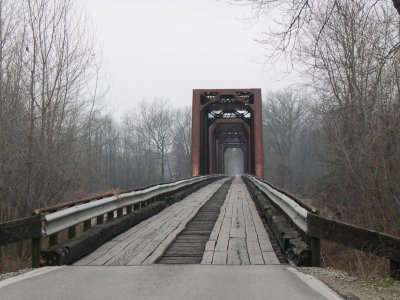 Annual tax levy given approval for St. Francisville
Annual tax levy given approval for St. Francisville
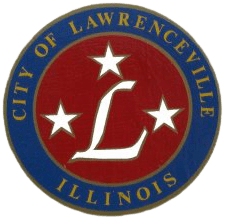 Lawrenceville gets another EPA violation notice
Lawrenceville gets another EPA violation notice
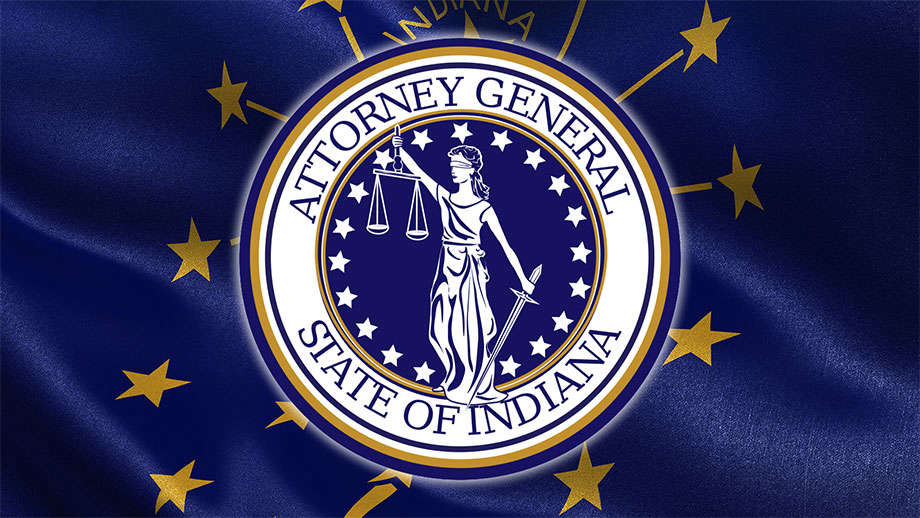 Consumer Alert: Dozens of dangerous products recalled in November
Consumer Alert: Dozens of dangerous products recalled in November
 Southwestern Indiana farmer elected ICMC president
Southwestern Indiana farmer elected ICMC president
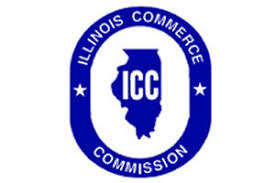 Illinois winter weather rule in effect for utilities
Illinois winter weather rule in effect for utilities
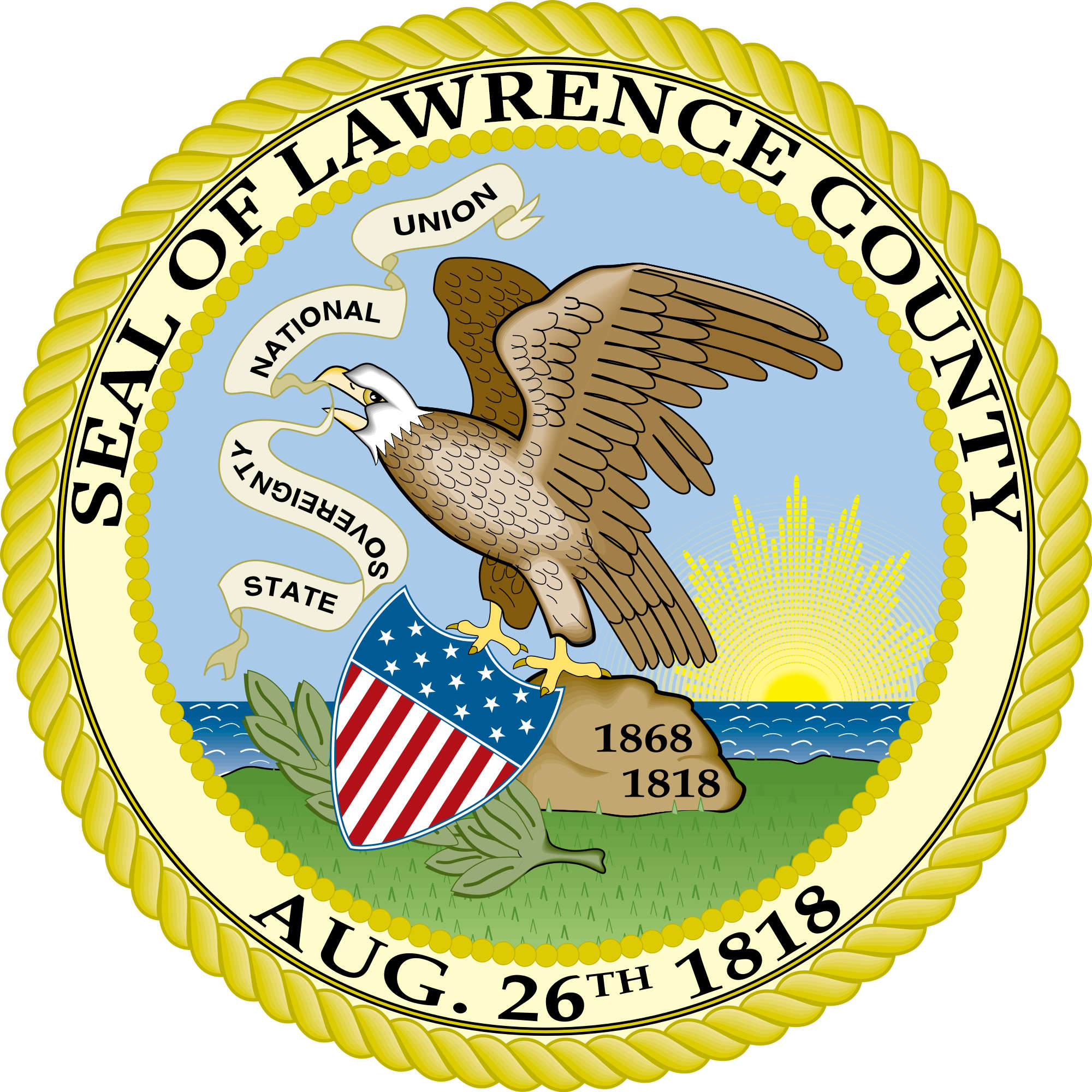 Lawrence County Board discusses energy grant
Lawrence County Board discusses energy grant
 New OCC Health Professions Center dedication set
New OCC Health Professions Center dedication set
 Farm Bureau receives award
Farm Bureau receives award
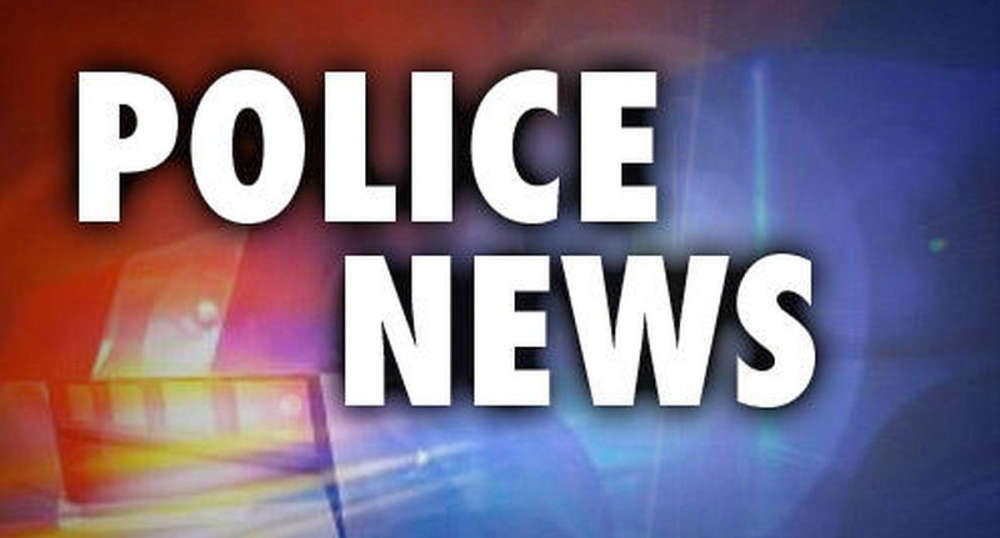 Counterfeit money found across southeastern Illinois
Counterfeit money found across southeastern Illinois
 Lawrence County meth dealer sentenced to 15+ years’ imprisonment
Lawrence County meth dealer sentenced to 15+ years’ imprisonment
 IDPH releases hepatitis vaccination statement
IDPH releases hepatitis vaccination statement
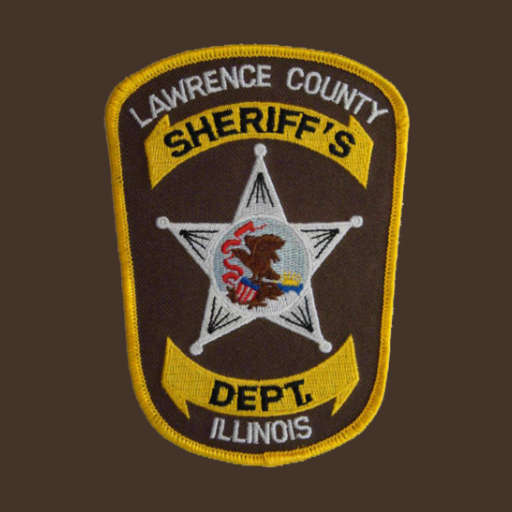 Illinois Sheriffs Association supports SAFE-T Act revisions
Illinois Sheriffs Association supports SAFE-T Act revisions
 Gov. Mike Braun orders flags to half-staff for Pearl Harbor Remembrance Day
Gov. Mike Braun orders flags to half-staff for Pearl Harbor Remembrance Day
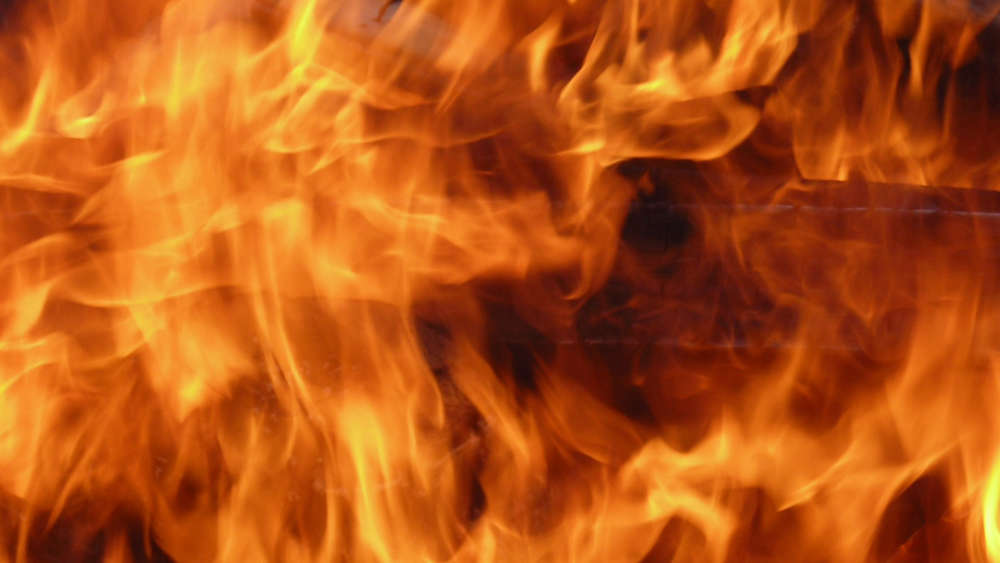 Local fire department gets new equipment
Local fire department gets new equipment




